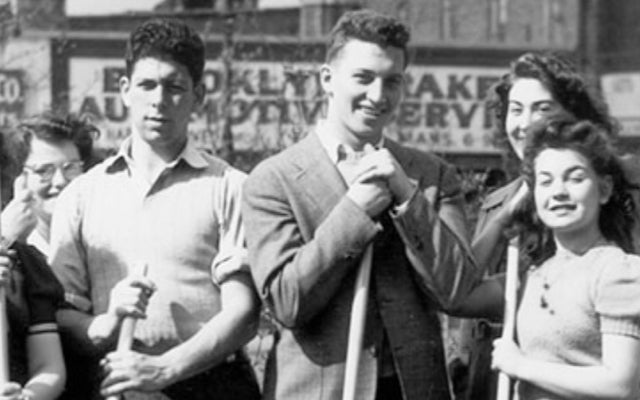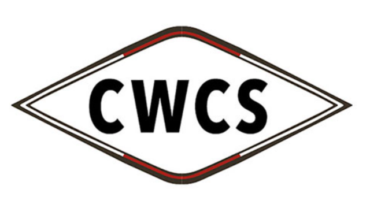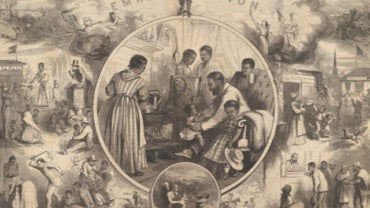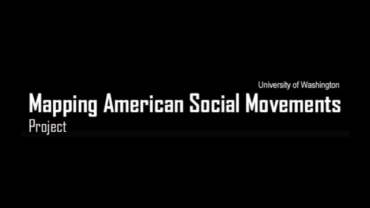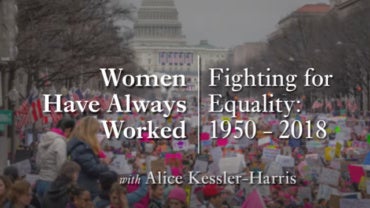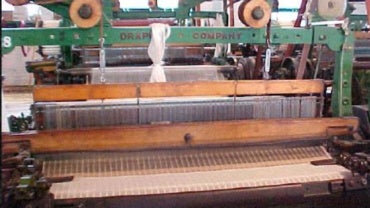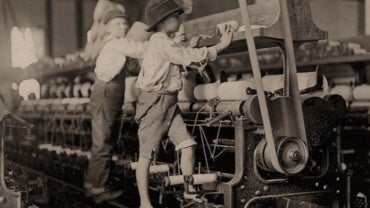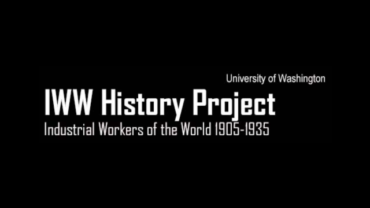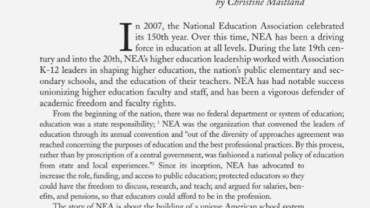In this oral history website Brooklyn College students narrate two historical episodes: their experiences of working on farms during World War II, and the events surrounding the suspension of the Vanguard, the student newspaper in a postwar McCarthy era climate. The edited testimony is accompanied by audio excerpts. These case studies add another dimension to our understanding of life on the American home front during World War II and the domestic Cold War. In this website you will also find resources for students and teachers of oral history. “Doing Oral History” is an essay that draws on the website’s interviews to illustrate the process of conducting and interpreting oral histories. The essay, in the background section, also outlines the website’s central historical themes. In the “Teaching” section users wil find primary documents from the narrated historical episodes, two sample unedited oral history transcripts, the interview question guides, a bibliography/webography, a timeline, and an “Oral History Theory and Practice” syllabus.
